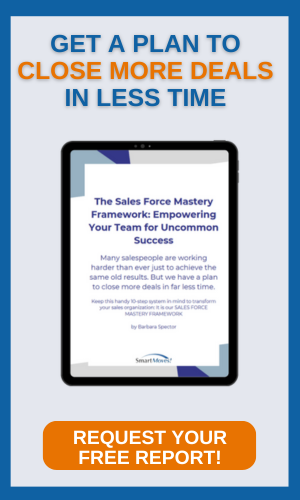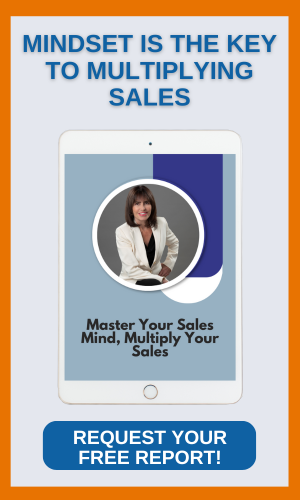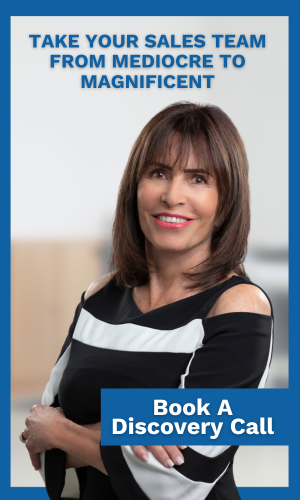
BY JASON ATEN, TECH COLUMNIST
Filtering the signal from the noise is more important than you think.
There's an argument that if you just give people all the available information they'll be able to make an informed decision. I heard this recently in the context of Covid-19 vaccines. The person was frustrated that "doctors are being censored," for expressing concerns about requiring people to get vaccinated. Instead, they argued, people "should have access to all the information so they could make an informed decision."
I started to think about that statement, and I couldn't help but think that having "all the information," isn't a useful measurement, especially because there's no way to possibly know when you've reached that point. It also seems like a straw man, but we'll get to that in a minute.
Before we do, I think there are a few even bigger problems. The first is that most of the time, people don't make "informed" decisions. They just don't. They make emotional decisions. They look for information that supports the decision they feel most strongly about, and discredit anything that disagrees.
That is, for obvious reasons, problematic. When people are emotional about a topic, and search for information that supports the way they feel, it doesn't help them make a better decision. They aren't making an "informed" decision at all, and they usually aren't making a good one either.
The second problem is that not all information is useful, and people aren't always good at figuring out which is which. I don't mean that to be offensive, but the problem is that even very smart people made bad decisions.
And, even if you are very smart, which I'm sure you are, there are still things about which you aren't an expert. In those cases, smart people look to others who are even smarter--at least on that subject. We call them experts. And, by an expert, I mean people who have experience, skill, and knowledge about whatever decision you're trying to make.
Random people with opinions aren't experts, by the way. People who use big words to confuse you into thinking they're an expert, usually aren't. The trick is recognizing when that happens, and filtering out the noise. That's hard to do because all of us have blind spots.
One of the most obvious things that causes a blind spot is our personal biases. This isn't just true of people who have opinions about getting a vaccination, by the way, though that's certainly a problem.
It's also true for leaders. Leaders have blind spots, and that's a problem because we count on leaders to make the right decisions. The key to making the best decisions is being able to filter out bad information and focus on the right information. The first part is far more important than the latter.
Think about it--it's hard to know if you have all of the best information when you make a decision. In fact, you can almost never have all of the best information. That shouldn't be your goal. Instead, you need to eliminate bad information that causes you to get distracted, or worse, get invested in the wrong decision.
That, by the way, is the problem with the straw man argument. No one is trying to prevent people from having "all the information," just the bad information. If you're spreading bad information, it's a disingenuous argument to claim that people should still hear your information.
That isn't the same as saying you don't have a right to have a bad opinion. You're even free, in the U.S. anyway, to share that opinion. But, that doesn't mean it still isn't bad, and people should eliminate it from their decision-making process.
The brutal truth is that most people don't do that at all. Instead, they just look for the information that reinforces how they feel. That's why YouTube's algorithm is trained to show you more of what you just watched. It knows that the best way to keep people engaged isn't to give them the best information but to give people what they want.
Usually, what they want is to feel good about the decision they're about to make. But that doesn't mean it's a good decision.





